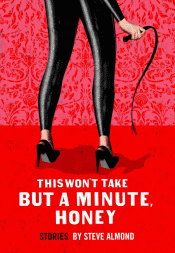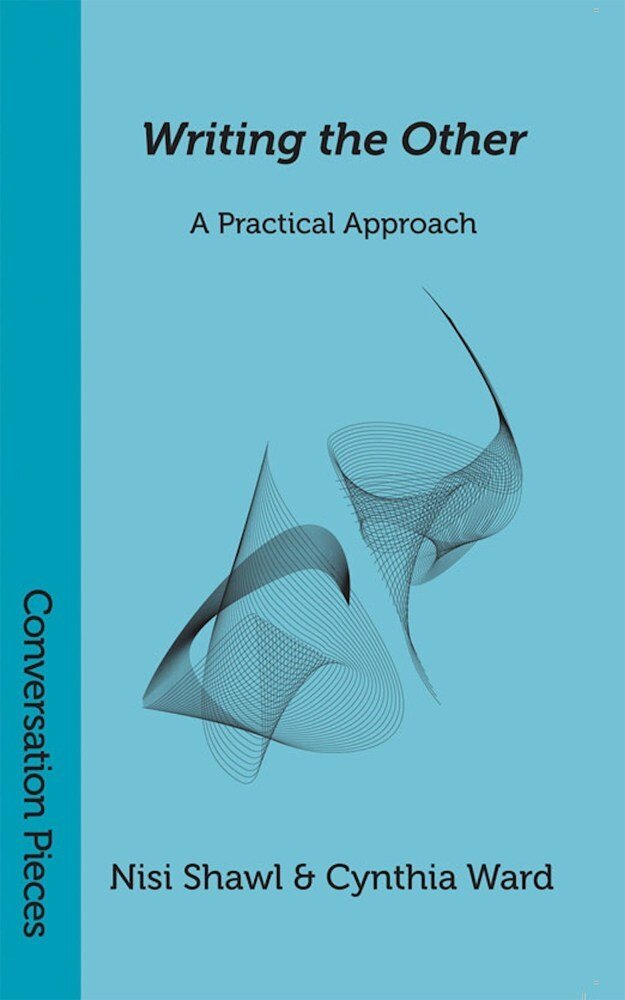The Best Books About Writing Books: A Writing Coach’s Top 11 Recs
Photo by Radu Marcusu
These are the books on writing that have helped me and my clients get published.
I’m a sucker for a good writing how-to. I’ve picked up dozens over the years, and no matter how many books I’ve purged over my 21 moves between cities, states and countries, I can’t get rid of a single one on writing.
In no particular order, these are my 13 faves, the ones lined up nearest to my desk and the ones I constantly find myself recommending to friends and clients.
On Writing Well, by William Zinsser
“Beware of the long word that is no better than the short word: numerous (many), facilitate (ease)….They are all weeds that will smother what you write.”
This is an oldie but goodie. I’ve had the same highlighted, dog-eared, coffee-stained copy of this on my shelf since high school, circa 1993. After years of writing formulaic five-paragraph essays, my mind was blown by its practical and engaging advice. I was particularly taken by his chapter on “clutter.” For example, don’t use “at the present time” when you could use “now.” No one had ever talked about writing like this. Until then, clutter was what helped students sound smart and meet length requirements! Only days later I applied his techniques to an essay on Madame Bovary, and Mrs. Glass loved it so much she read it to the class. That was probably my first inkling that I could become a writer.
“If you look at a draft you wrote three months ago and all you can see is bad decisions, congratulations! You are making progress.”
Half flash fiction, half essays, this tiny book is worth the Oxford English Dictionary’s weight in gold. Almond’s voice is so personal and so entertaining that, as the title promises, you’ll read it in one quick sitting. With chapters called “Fuck Style, Tell the Truth,” “POV:NBD,” and “Metaphors Almost Always Suck,” you know you’re in for a ride that will shake up your prose and your writing life. For all the genius craft instruction, his most urgent advice comes down to telling the truth, even when it hurts.
Writing the Other: A Practical Approach, by Nisi Shawl and Cynthia Ward
“Learning boils down to making mistakes, seeing what you’ve done wrong, and making corrections….the possibility of failure is no excuse for not making the attempt.”
All writers need this book. Unless you’re writing about an extremely insular community, your stories will have characters who are unlike you in so many ways. Even then, as Shawl and Ward point out, “you can always find something to divide even the most homogenous group of people.” I’m the first to admit I’ve gotten this wrong, and that’s why I have been reading and re-reading and recommending this book like crazy. One of the authors’ central messages is to know that you will continue to make mistakes, and that’s okay. Luckily they’re giving us the tools to do better in the future, as writers and a humans.
Stein on Writing, by Sol Stein
“We need to know the people in the car before we see the car crash. The events of a story do not affect our emotions in an important way unless we know the characters.”
I was introduced to the late Sol Stein when I was a journalist and covered one of his events. Hundreds of writers packed into a UC Irvine auditorium to get advice and instruction from the legendary editor of authors like George Orwell, James Baldwin, and Eliza Kazan. Two things he covered that day and here in this book have never left me — his advice on indirect dialogue and his triage approach to editing. (Much more on triage editing in this post.) Although you’ll find sections on practically every aspect of craft, study those two alone and you’ll take your writing to new levels.
Bird by Bird: Some Instructions on Writing and Life, by Anne Lamott
“Shitty first drafts. All good writers write them. This is how they end up with good second drafts and terrific third drafts.”
Hilarious and highly entertaining, you could curl up in bed and read this book for pure enjoyment. But to get the most out of it, read with a pen or highlighter in hand. Lamott offers stellar craft advice, with valuable chapters on character development, plot, dialogue and more, but it’s her advice on mindset that really sets this book apart. With a huge dose of side-splitting vulnerability she helps us work through all the various neuroses that stop us — and her — from finishing that shitty first draft.
Writing in General and the Short Story in Particular by Rust Hills
“The deeper the characterization achieved, then the less clear we’d be about a character’s motivation in a story.”
You definitely don’t need to be writing short stories to find value in this book. Rust Hills, long-time Esquire fiction editor, capitalizes on his skill with the short form to lay out a lifetime’s worth of writing advice in a concise, well-organized, and easy to follow format. Yet, it’s also one of the deepest and most nuanced how-tos around. When I think of beautifully rendered characters whose motivations are complicated and often working against one another — like those of Alice Munro or Amy Bloom — I suspect they read this book.
Sleeping on the Wing:An Anthology of Modern Poetry with Essays on Reading and Writing, by Kenneth Koch
“The simple and particular way you talk with your friends is most likely the way you can best say what you want to, so try that way first.”
I am SO not a poet, but when I was getting my MFA, I was lucky enough to take a poetry class for non-poets with Matthew Zapruder and Jill Alexander Essbaum. If you don’t know them, this is like a reluctant karaoke singer taking a course from Christina Aguilera. The class was transformative, and I went from being afraid to attempt poetry, to writing god-awful poetry, to writing bad poetry with the occasional sparkling line or image. Jill assigned Sleeping on the Wing, and I still turn to it for inspiration. Technically, it’s geared toward high-school students, but no matter your age, its exercises will help you beat even the worst case of writers block.
Burning down the House, by Charles Baxter
“The truth that writers are after may be dramatic only if it has been forgotten first: if the story, in other words, pulls something contradictory and concealed out of its hiding place.”
If you only read his chapter on Defamiliarization, you’ll more than get your money’s worth with this book. In it Baxter expands on Viktor Shklovsky’s “concept of defamiliarization, which means to make the familiar strange, and the strange familiar.” Basically, if a character or scenario is familiar, it won’t affect us. We’ll think we know it all already. To make the reader take notice, shift some aspect toward the unexpected and strip it of its usual meanings. This can be large or small. I’ll give you a quick example from one of my grad students who brilliantly applied this principal to a story he called “Dear Jon.” I don’t know about you, but I want to read that story. With the familiar "Dear John," we would just go yeah, yeah, been there done that.
The Artist’s Way: A Course in Discovering and Recovering Your Creative Self, by Julia Cameron
“The Great Creator has gifted us with creativity. Our gift back is our use of it.”
I’ve turned to this book and its hands-on assignments several times over the last twenty years, but I’ve never finished. I’ve never needed to! No matter how long it’s been since I’ve written, no matter how deep my crisis of confidence or creativity, by the time I reach chapter 4, I’m off to the races again.
The Rose Metal Press Guide to Writing Flash Fiction: Tips from Editors, Teachers, and Writers in the Field, edited by Tara L. Masih
“Writing exercises…can be as important to a writer as exercises are to an aspiring musician or singer.”
This book is indispensable for anyone writing short fiction, but it’s also one of my go-tos even when I’m working on a novel. Each chapter is written by a different acclaimed writer — including Stuart Dybek, Robert Olen Butler, Steve Almond, and Pia Z. Ehrhardt — and is followed by one of their favorite writing exercises or prompts. Get your hands dirty and do the work, it’ll be like a graduate course in writing.
“Conflict must undergo complication. It must twist, turn, deepen, and grow. Without that constant development, a novel, like a news event, will eventually lose its grip.”
Unlike some of the academic recommendations on this list, Maass, president of the Donald Maass Literary Agent is entirely focused on the characteristics of bestselling commercial fiction. As he’ll demonstrate there are clear-cut, teachable reasons that certain well-told stories sell well and move readers to recommend them over and over again. If you’re writing commercial fiction, you need this book. If you’re writing literary fiction, you too can learn a hell of a lot.
There’s no substitution for writing classes or direct feedback from an instructor or editor, but investing a few bucks in these books will go a long way toward making you a better writer.
Build your library, keep your favorites close at hand, and even if they don’t fix the problem, they’ll inevitably spark all kinds of ideas.
















![6 Signs You’re Ready to Query Literary Agents [Or Not]](https://images.squarespace-cdn.com/content/v1/554b7160e4b03e55c45d8cdc/1740587740537-1J4XMGD5TQBV2BGKACCA/ready+to+query+literary+agents.jpg)






